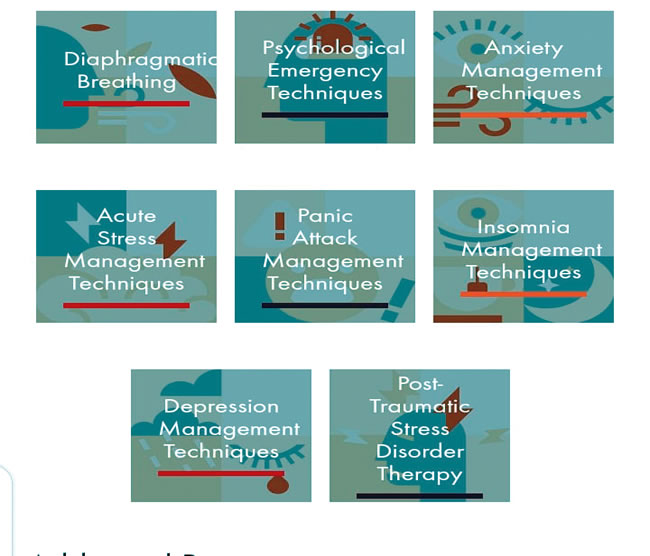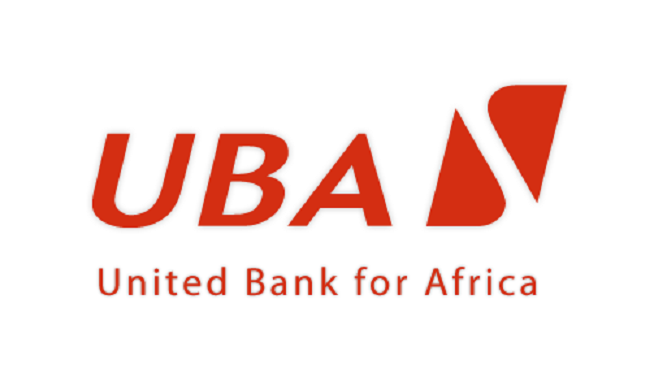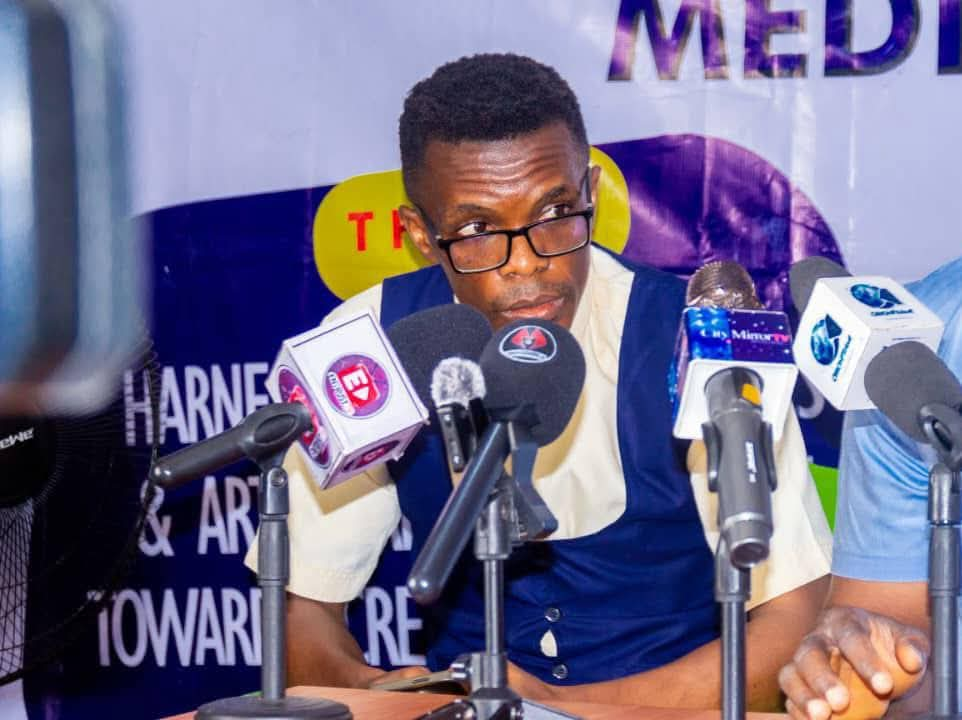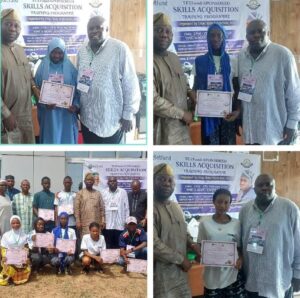IWMF introduces mental health resource for journalists
[ad_1]
The International Women’s Media Foundation (IWMF), an organisation with the mission to unleash the potential of women journalists as champions of press freedom to transform the global news media, has debuted a straightforward and practical mental health guide titled, ‘A Mental Health Guide for Journalists Facing Online Violence’.
The resource is to offer journalists support as they face unprecedented surge of violence online and is to be used in conjunction with the IWMF’s ‘A Guide to Protecting Newsrooms and Journalists Against Online Violence’
It is in continuation of IWMF’s work to address the epidemic of online violence against journalists and calls for a culture of change throughout the industry.
The IWMF’s downloadable guide was created by mental health professionals specialized in trauma support for news media workers and the new resource; developed to be adopted quickly and easily, pays particular attention to the requests of journalists in the field, who need immediate access to mental health support to combat the effects of online violence.
The launch of the guide is part of a broader initiative called the IWMF News Safety Project, which empowers leaders in journalism to help combat online violence.
“The impact of online violence on journalists’ health and wellbeing cannot be overstated. Digital abuse leads to dire consequences, including an inability to work, a loss of livelihood and a disintegration of press freedom.
“Women and diverse journalists are disproportionately targeted because of their identities. We hope our growing resources put abusers on notice and encourage news media at-large to address the culture of silence surrounding this issue,» Elisa Lees Muñoz, Executive Director of the IWMF said.
Online violence is often only considered a digital safety issue, but the impact of online abuse on journalists’ mental health is significant and has serious consequences for them, their work, and for press freedom. This is particularly true for women and diverse journalists who are disproportionately targeted by online attacks.
The culture of silence around online violence and mental health has made it difficult for journalists to get long-term practical help. A Mental Health Guide for Journalists Facing Online Violence was created with the needs of journalists in mind by mental health professionals specialized in working in trauma and the media.
Available for download, ‘A Mental Health Guide for Journalists Facing Online Violence’ was funded by Craig Newmark Philanthropies and developed by the IWMF. The mental health resource contains practical, easy-to-adopt assessments and exercises to help journalists dealing with trauma from online abuse. The guide also details the psychology behind online violence so journalists can better protect themselves online, especially if their work is freelance or requires a consistent digital presence.
In 2020, the IWMF convened the Coalition Against Online Violence, a collection of global organisations working to find better solutions for women journalists facing digital abuse. Representing nearly 70 organizations worldwide, the CAOV oversees the Online Violence Resource Hub, where journalists can seek support, tools and guidance for a range of challenges affecting their work and life online.
In 2021, the CAOV launched a first-of-its-kind public service announcement campaign to bring global attention to the rise of targeted, damaging attacks against journalists online – particularly against women and diverse journalists.
ALSO READ FROM NIGERIAN TRIBUNE
The International Women’s Media Foundation (IWMF) is the only global organization built to serve the holistic needs of women and nonbinary journalists.
It describes itself as an ambitious, bold and inclusive organization that supports journalists where they are with awards, reporting opportunities, fellowships, grants, safety training and emergency aid.
As one of the largest supporters of women-produced journalism, its transformative work strengthens equal opportunity and press freedom worldwide.
The guide helps journalists understand the psychological reasons why abusers attack online and how to take steps to better protect their mental health. It also
provides a mental health self-evaluation chart so journalists can assess how online violence is affecting their wellbeing and an easy-to-implement, downloadable exercises to help manage the mental health toll of online abuse.
[ad_2]













Post Comment